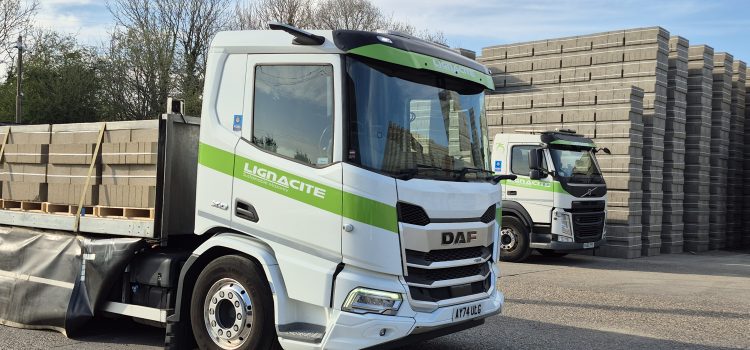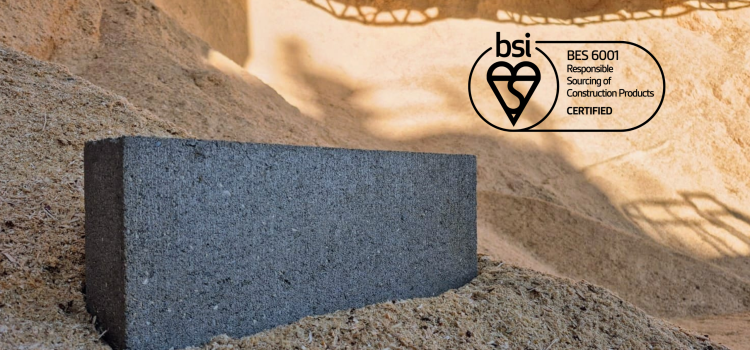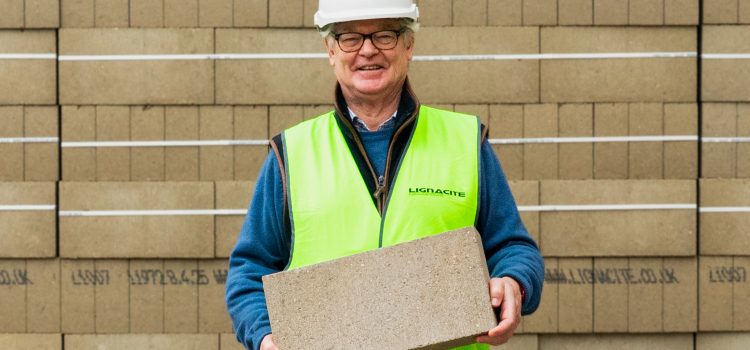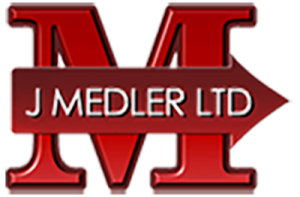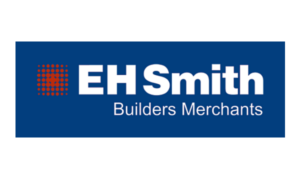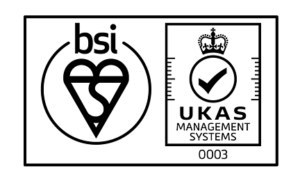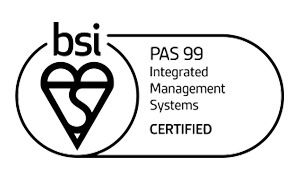Articles
Using concrete blocks for internal walls
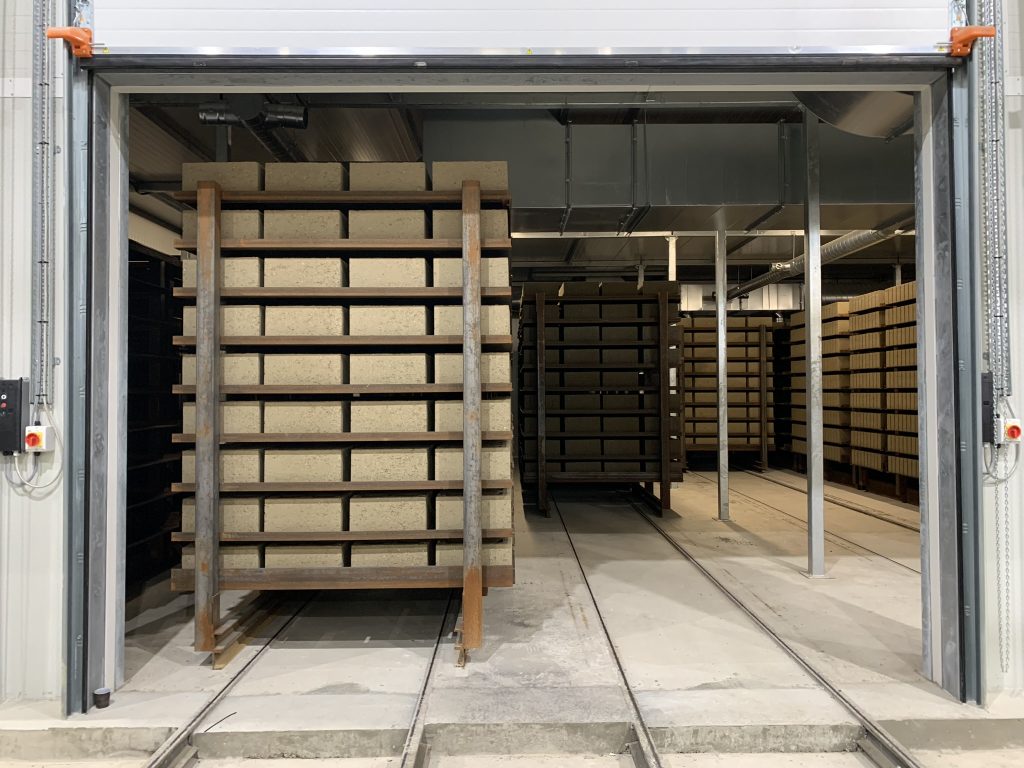
Posted by Lignacite
When it comes to constructing internal walls, concrete blocks are a versatile and durable building material that’s widely used in commercial, residential and industrial projects alike. In this article, we’ll explore the use of concrete blocks for internal walls, including the different types available, the need for foundations, insulation, finishing and more.
Read on to discover how concrete blocks can enhance your next construction project and learn how to choose the right blocks for the job.
Can you use concrete blocks for internal walls?
Yes, concrete blockwork can be used for internal walls, such as partition walls. Concrete blocks are known for their durability and longevity. Plus, they are relatively inexpensive and quick to lay due to their size, while offering additional benefits, such as sound insulation and fire resistance.
When we refer to internal walls in this article, we’re typically referring to partition walls. These are the walls between rooms within the same property, rather than cavity walls, the internal leaf of external walls or party walls – which are shared between two separate properties.
While partition walls are typically non-loadbearing, this isn’t always the case. According to the Concrete Block Association, loadbearing internal walls should have a minimum thickness of 90mm, although most construction projects use blocks that are 100mm thick because these are widely available.
For loadbearing walls, a compressive strength of 3.6N/mm² is generally sufficient, though higher strengths, such as 7.3N/mm2 or 10.6N/mm2, may be required for multi-storey buildings.
For non-loadbearing walls, the recommended minimum thickness is 75mm.
Do internal concrete block walls need a foundation?
According to NHBC guidelines, loadbearing internal concrete block walls require a foundation if they are on the ground floor. A dampproof course should be added to prevent moisture from rising through the structure in this instance.
If the loadbearing wall is located on an upper storey, the guidelines state that the internal wall must be adequately supported.
For non-loadbearing walls, a foundation is not usually necessary. When supported by a concrete ground floor slab, it is common practice to thicken the slab under the partition.
Sealing interior concrete block walls
In standard residential or commercial settings, sealing for moisture protection isn’t usually necessary, since partition walls are not exposed to external weather elements like rain or extreme temperatures.
Insulating interior concrete block walls
Generally, interior concrete block walls do not require thermal insulation because they do not protect a building from external weather conditions. Heat typically remains within the building, reducing the need for additional thermal insulation in most cases. If the wall is next to an unheated space, however, insulation will be required. For example, a wall between a room and an integral garage.
It’s important to mention that concrete blocks provide excellent acoustic insulation. In Wales and England, building regulations suggest a weighted sound reduction (Rw) of 40dB for walls between rooms within the same property. For situations where confidentiality is a consideration, such as doctors’ consulting rooms, higher levels of acoustic insulation may be necessary.
Tests conducted on our 100mm Lignacite blocks revealed that a bare Lignacite wall has an Rw of 45dB. With the addition of a stud acoustic panel, a 140mm Lignacite wall can achieve a rating of 65dB, delivering superior noise reduction.
Finishing interior concrete block walls
When finishing interior concrete block walls, you have several options based on your desired outcome. Fair Face blocksare ideal if you want to leave the walls exposed, as they offer a fine-textured and aesthetically pleasing surface suitable for leaving bare.
If you plan to paint the walls, Paint Grade blocks are the best choice because they are designed to provide a surface that readily accepts paint. For rendering, dry lining or plastering, ensure the surface is properly prepared according to the manufacturer's instructions.
What is the best block for internal walls?
The best type of block for internal walls depends on a variety of factors, such as structural design requirements, sound insulation and the desired finish.
For most internal walls, solid, dense blocks are a reliable choice due to their robustness and strength, especially in loadbearing situations. These blocks provide excellent structural integrity and durability, making them ideal for walls that need to support weight.
At Lignacite, we have several solid block options available depending on your needs.
Lignacite Fair Face or Paint Grade are medium-density blocks, ideal for situations where a smooth finish is desired. Fair Face blocks can be left exposed for a raw, industrial look, while Paint Grade blocks are designed to provide an ideal surface for painting. Alternatively, our Fibo 850 low-density super-lightweight blocks are an excellent easy-to-install option.
If sound insulation is a priority, blocks for the Lignacite and the Lignacrete (hollow block) ranges off the best sound insulation potential.
Finally, when constructing internal walls, it's important to use the correct mortar. For most internal masonry work above ground level, Mortar designation (iii) mortar is generally recommended. This mortar is strong enough for internal walls, ensuring stability and longevity. In high-stress areas, your structural engineer may specify a stronger mortar.
Find the right block for your next project
If you’re looking for the best concrete block for the internal walls of your next building project, why not try our interactive Block Specification tool to get started? Alternatively, speak to a member of our team who can find the right product for your needs.
